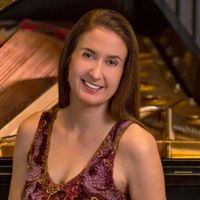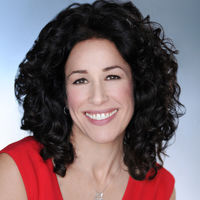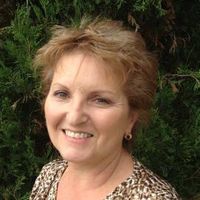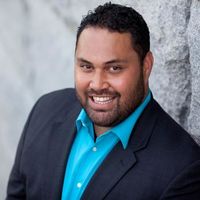Vocalists at Stanford sing in musical theater and opera productions, choral and early-music ensembles, and perform in solo recitals. Participation in all vocal ensembles, lessons, and activities is available by audition to students in any major. Eligibility for private voice lessons and most voice classes are based on audition; an audition is not required for beginning voice classes. The panoply of vocal courses includes Dramatic Vocal Arts, Diction for Singers, German and French Art Song Interpretation, Singing: How It Is Done, Singing for Musicals, and many more. Masterclasses led by world-renowned artists are offered to students through the Shenson Recital Series and Stanford Live. Community members are welcome in the Stanford Symphonic Chorus and several other ensembles.
Faculty
Lessons & Courses
Ensembles
Music 156: [sic] Improvisation Collective
Music 159: Early Music Singers
Music 159K: Stanford Facsimile Singers
Music 160B: Stanford New Ensemble
Music 162: Symphonic Chorus
Music 163: Memorial Church Choir
Music 165: Chamber Chorale
Music 167: University Singers
Music 167S: Summer Chorus
Lectures & Seminars
Music 2C: Introduction to Opera
Music 34N: Performing America: The Broadway Musical
Music 60: Singing: How it is done
Music 124A: Songwriters Workshop
Music 147J: Studies in Music, Media, and Popular Culture: The Soul Tradition in African American Music
Music 159J: Performance as Analysis: Late-Medieval Music in Action
Music 186B: American Song in the 20th Century and after
Performance-Based Courses
Music 159J: Performance as Analysis: Late-Medieval Music in Action
Music 182: Diction for Singers
Music 183A: German (Art) Song Interpretation
Music 183B: French (Art) Song Interpretation
Music 183C: Interpretation of Music Theater Repertoire
Music 183E: Singing for Musicals
Music 184A: Editing and Performing Early Music
Music 184B: Topics on the Musical Stage
Music 184C: Dramatic Vocal Arts: Songs and Scenes Onstage
Music 184D: Creating a Musical.
Academic Programs

Explore the Major & Concentrations
The undergraduate major in Music is based on a course of study that combines breadth of musical experiences across multiple dimensions with depth in a chosen area, allowing students to develop an array of tools as part of their aesthetic and musical formation. Theory, performance, history, cultural contextualization, technology, and science all contribute to a curricular foundation for all majors.

Explore the 24-Unit Minor
The music minor allows students to explore music through a flexible program of study. The minor can focus on Composition, History, Performance, Conducting, Theory, or Music, Science & Technology (MST), or on areas not currently served by the major, such as Ethnomusicology, Jazz, or Musical Theater. The minor can also focus on musical aspects of a non-music major such as American Studies, Anthropology, Area Studies, Computer Science, CSRE, TAPS, etc.

Learn about the Performance Certificate
The Performance Certificate program is open by audition to undergraduates who demonstrate a high degree of accomplishment in their area of music performance, study privately with one of the Department of Music's faculty, and wish to inform their performance studies with coursework from the Department of Music's other areas of academic focus: history, theory, computer music, and composition.




















